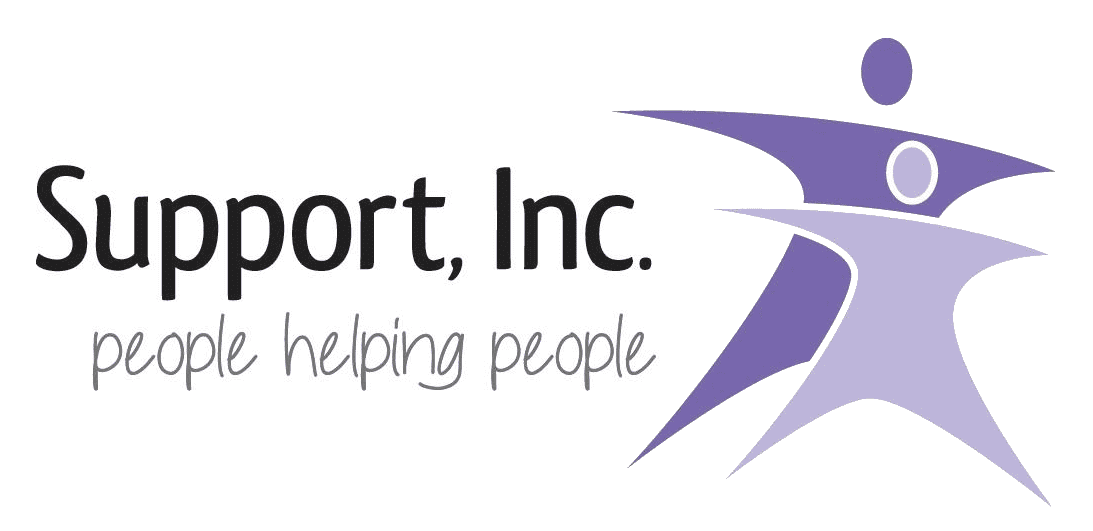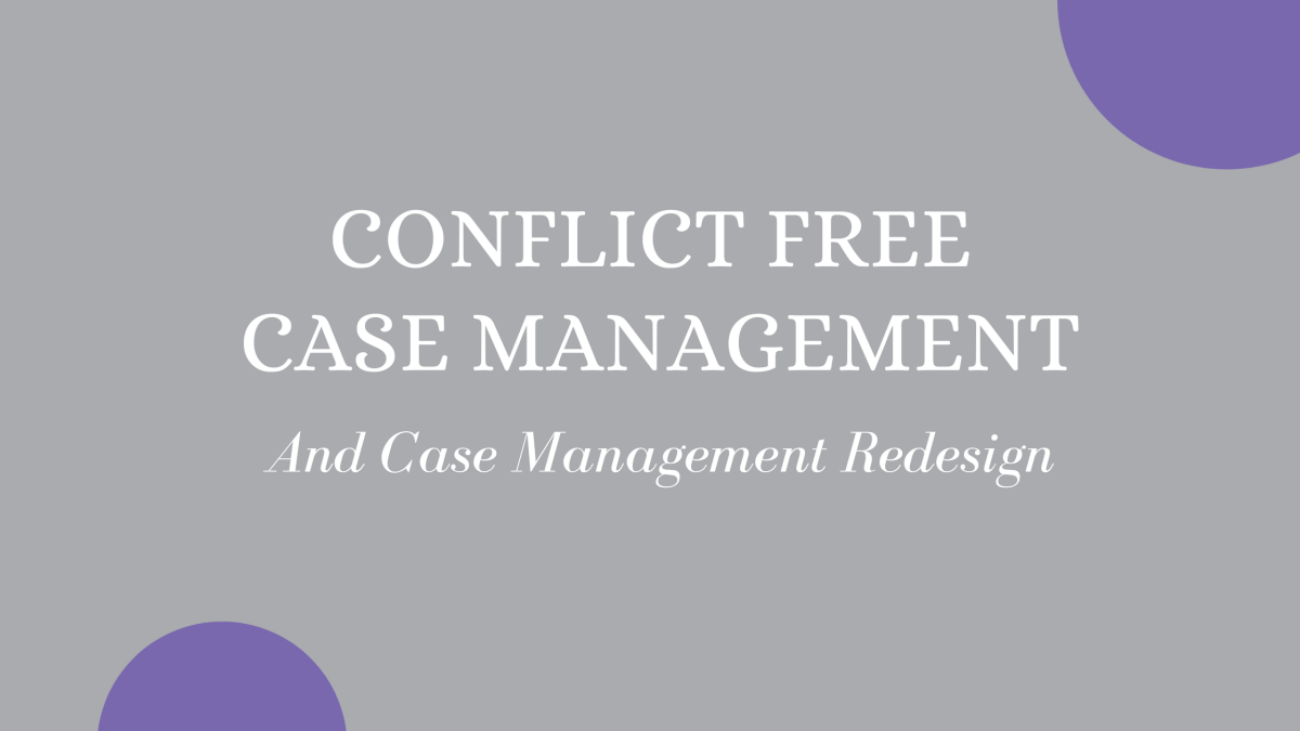You may be hearing the terms Conflict Free Case Management and/or Case Management Redesign from the case managers you work with. I wanted to provide some information about the changes that are coming from the state.
Conflict Free Case Management (CFCM)
CFCM is a federal mandate from Centers for Medicaid and Medicare Services (CMS) under the final settings rule. You’ve heard us talk a lot about the Final Settings Rule and what these changes look like for PASA’s. For community center boards (CCBs) the final settings rule requires there is a separation of case management and direct services. This means, a company cannot provide both case management (CCB) and program services (PASA), such as residential, day services or behavioral services to the same person. Many of Colorado’s CCBs operate within this conflict as they provide both case management and program services and are now required to eliminate this conflict.
The efforts of The Department of Health Care Policy and Finance (HCPF) to comply with federal requirements of Conflict Free Case Management (CFCM) have evolved into several initiatives called Case Management Redesign (CMRD).
Case Management Redesign (CMRD)
CMRD will help make accessing long-term services and supports easier by requiring Case Management Agencies (CMAs) to provide case management services to all Home and Community-Based Service (HCBS) waivers. This change will:
- Establish a single entity people go to access services.
- Make sure there are the right number of case management agencies in Colorado.
- Increase the quality of case management services.
CMRD requires that one entity, now called a Case Management Agency provides case management services for all 10 HCBS waivers that are operated in the State of Colorado. Those HCBS waivers currently have unique case management through CCBs, single-entry points, or private case management. People who are seeking or receiving Long-term Service and Support (LTSS) often qualify for multiple programs and end up navigating between systems that are siloed by program, making the system difficult for members. CMRD is intended to simplify access and remove silos so members will be able to more easily navigate and find the right programs and services that work for them.
The change requires the case management agency to provide case management services for all waiver programs in each catchment area. The CCBs we work with now usually serve 1-3 catchment areas. Some of the catchment areas we are familiar with will be changing, and CMRD will only allow one Case Management Agency to operate in each catchment area.
Case Management Redesign Timeline
Below is a timeline for when these changes will take effect. In January of this year, the Request for Provider (RFP) was opened for interested entities to submit their bid for the state’s contract to be the Case Management Agency (CMA) for a respective catchment area. CMA awardees will be announced in May 2023.

Organization Impact and What to Expect
We know that the current CCB system we are familiar with will be changing. The CMA contract may be awarded to a CCB we are familiar with, in other cases it may be a new entity we haven’t worked with yet.
Have patience and understanding. This is a major change for the CMA’s as they begin case management for additional waivers, learn new systems, and get to know us. As you hear a person on your caseload/ a person you support has a new case manager, take a moment to reach out and introduce yourself, and offer your expertise on the case. Additionally, we expect through the three-part phased transition indicated in the above timeline that response times may be slower than normal. As much as you can, be proactive if you need to request anything from the case manager(s) you work with.
Incoming and outgoing CMAs in each catchment area will receive support from the Department (HCPF) staff through the transition process to ensure a smooth transition. Before, during, and after CMA transitions, people receiving services will be notified of who to contact in order to get their needs met for waiver case management services.







